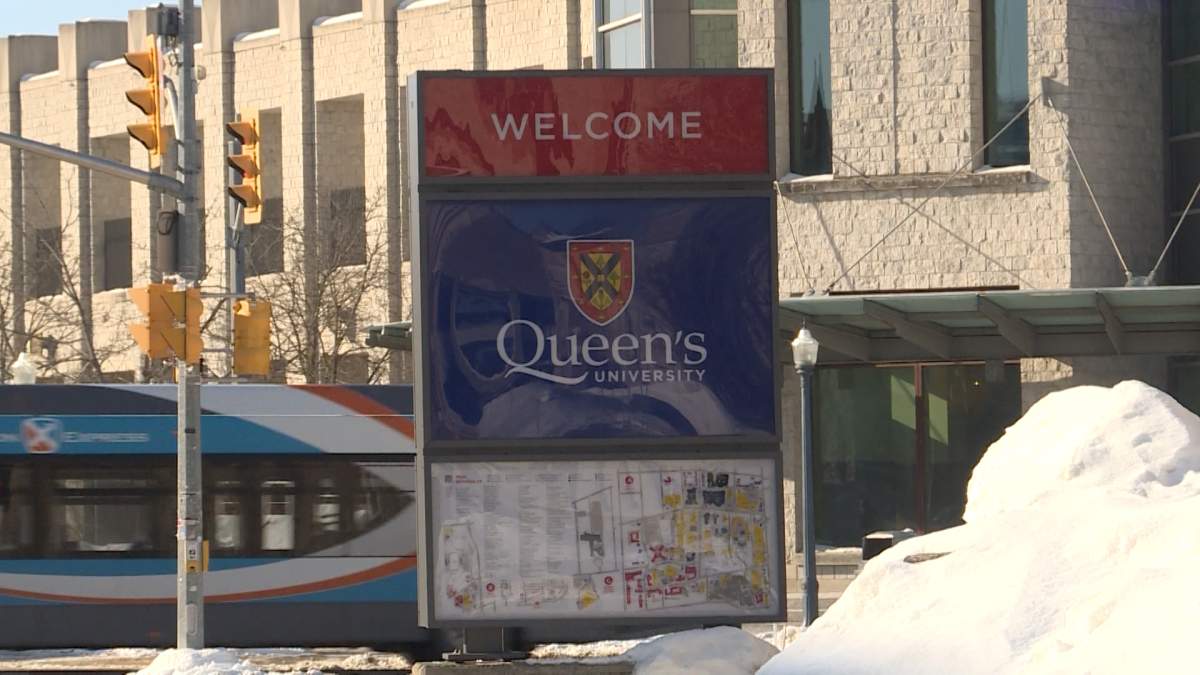In case there was ever any doubt, a new study has highlighted how much Queen’s University contributes to Kingston, Ont.’s economy on an annual basis.

The study, conducted by Deloitte, says Queen’s accounts for one in 10 jobs within the city and generates more than $1.6 billion annually in economic benefits.
“One of Canada’s greatest economic strengths is its world-class post-secondary education sector, and Queen’s University is a leading example,” said Craig Alexander, chief economist and executive advisor at Deloitte.
“Queen’s makes large scale investments and is a significant employer in the region, but a strictly traditional economic impact assessment could understate the full importance and impact that Queen’s demonstrates. In our report, we’ve also highlighted the community impacts of the university.”
Also included in the study: Queen’s comprises 11 per cent of the regional gross domestic product, students spend $237 million every year, and 600 Kingston-based startups have been supported by Queen’s.

Get daily National news
“While it is long understood that universities bring value to the communities in which they exist, it is necessary to look deeper, beyond solely the economic contributions, to see how institutions like Queen’s truly impact our communities,” says Patrick Deane, principal and vice-chancellor.
Queen’s is also a big contributor to the local health-care scene. More than 400 doctors in the region are on the Queen’s faculty.
Five hundred medical trials led by the Canadian Cancer Trials Group (CCTG) have been headquartered at the Queen’s Cancer Institute.

Also, $620 million in research and development funding has been raised by Queen’s since 2013.
“We partner with Queen’s in many ways, including renting St. Mary’s of the Lake to test a new model of care delivery, where patients can avoid going to an acute care hospital,” says Cathy Szabo, president and CEO of Providence Care.
“They can come to the new site, receive care, and hopefully return home at a level of independence that they can manage their own care.”








Comments